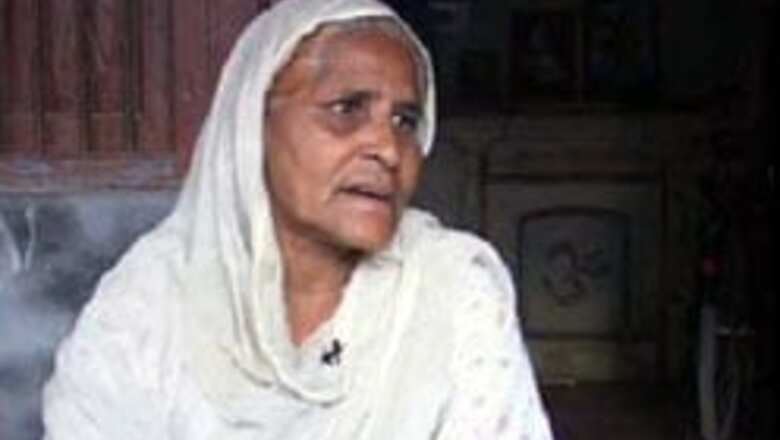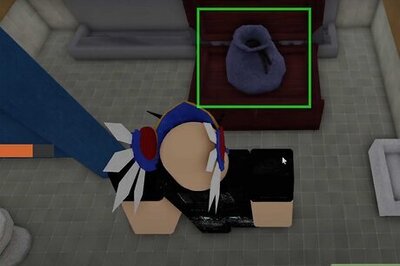
views
Ladwa (Haryana): Saturday is World Human Rights Day and probably the right day to reflect on some gross human rights violations that are still prevalent in modern day India.
Devika Devi, former municipal councillor, Valmiki Basti, Ladwa in Haryana, carries human excreta on her hips as if she is carrying a baby.
She is part of the 1.3 million manual scavengers in the country, the majority of whom are Dalits.
Manual scavenging is illegal yet Dalits are forced to do it because of brutalising poverty and caste apartheid. Many men and women still clean human shit with their own hands.
Their monthly income could be anywhere between Rs 20 to Rs 160.
"Earlier my mother-in-law used to do this work. For six months we got five kilo of grains and one roti a day. When I started work, I got Rs 2 per month. Now, people give between Rs 20 and Rs 40 per month," Devika Devi said.
"My whole community feels that this is our job. Who told us? How has it come to our mind? This is because of years of internalisation of caste oppression," Bezewada Wilson, Convenor, Safai Karmachari Andolan, said.
PAGE_BREAK
"There's never been any other work for us. This is our only work," Kalaso Devi said.
It's taken more than 50 years for the country to enact a law against manual scavenging. So strong is the weight of social prejudice that even the law is not enough.
Many states even deny the existence of manual scavengers, like Haryana while states like Andhra Pradesh employ them through their municipalities. The practice is on in almost all the states like Bihar, Maharashtra, Jammu and Kashmir and even Delhi.
The Indian Railways is one of the biggest employers of manual scavengers.
Now, a Public Interest Litigation has been filed in the Supreme Court to eradicate manual scavenging.
"There is lack of political will and no respect for fellow human beings in this country. These two reasons is still making the Dalits continue with this obnoxious practice," Wilson said.
"All are created equal. It is work that segregates people into touchables and untouchables," another manual scavenger Maili Devi said.
Even today in Ladwa, Dalits bear the brunt of social exclusion and untouchability. Maybe it would take decades to bridge the caste divides. For now, to touch would be to heal.


















Comments
0 comment